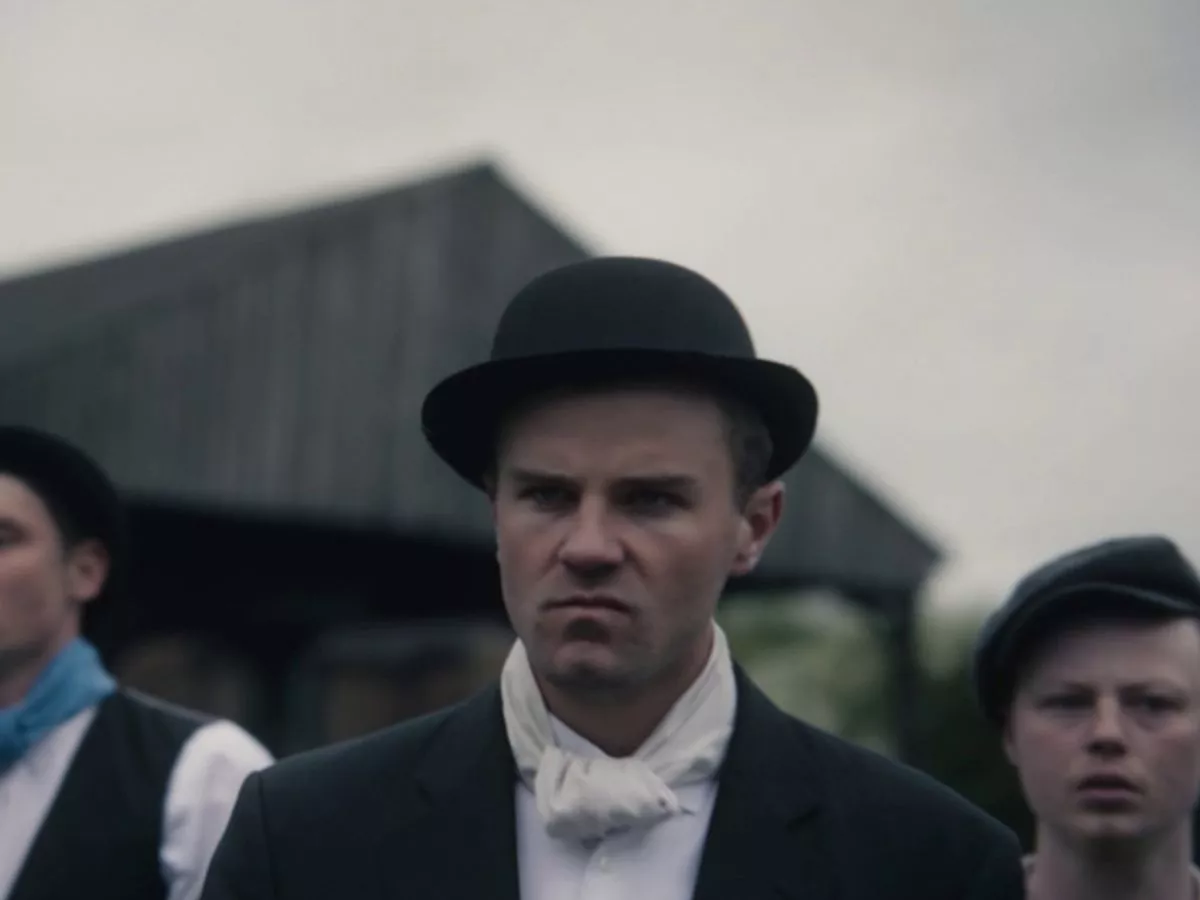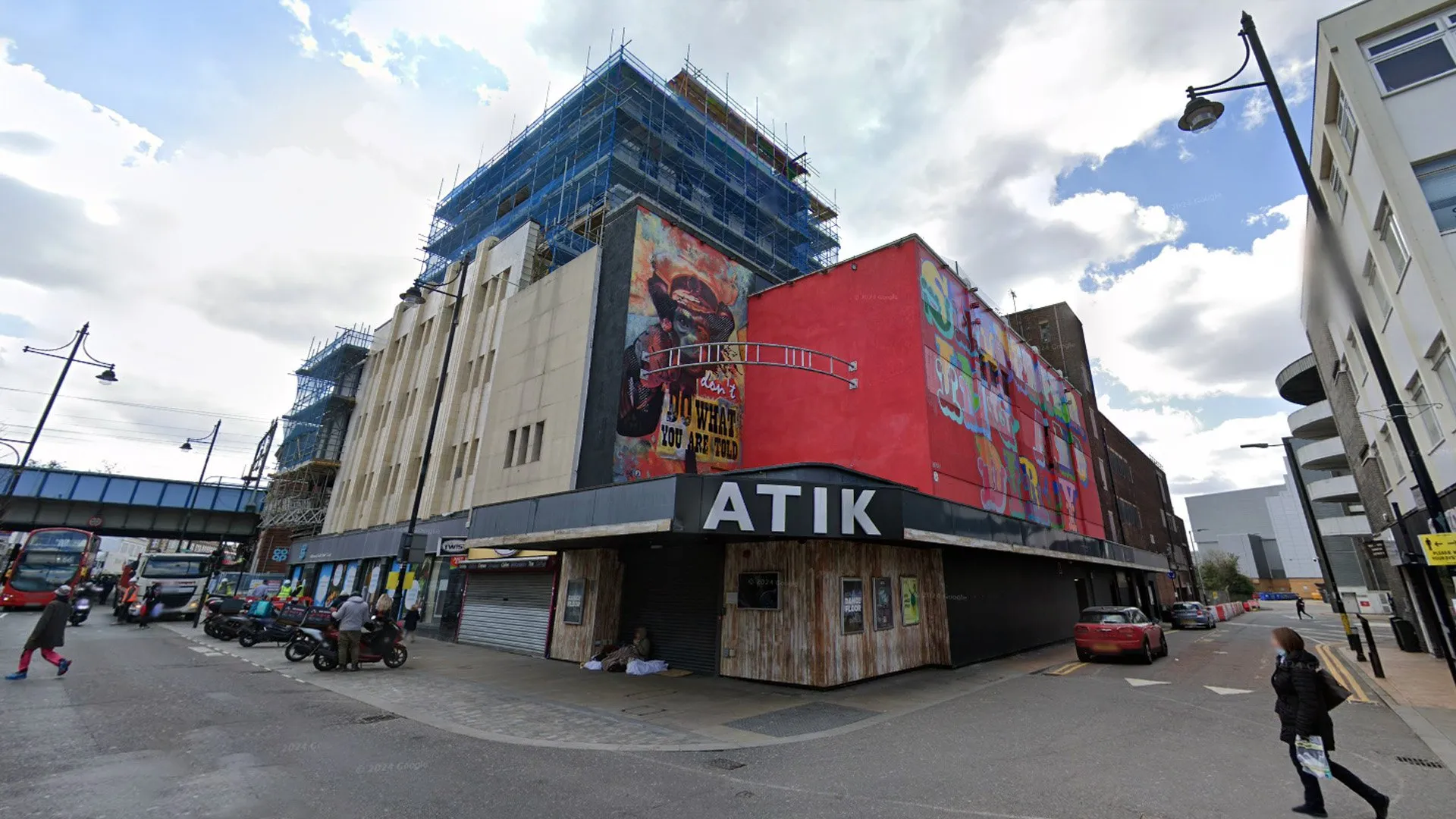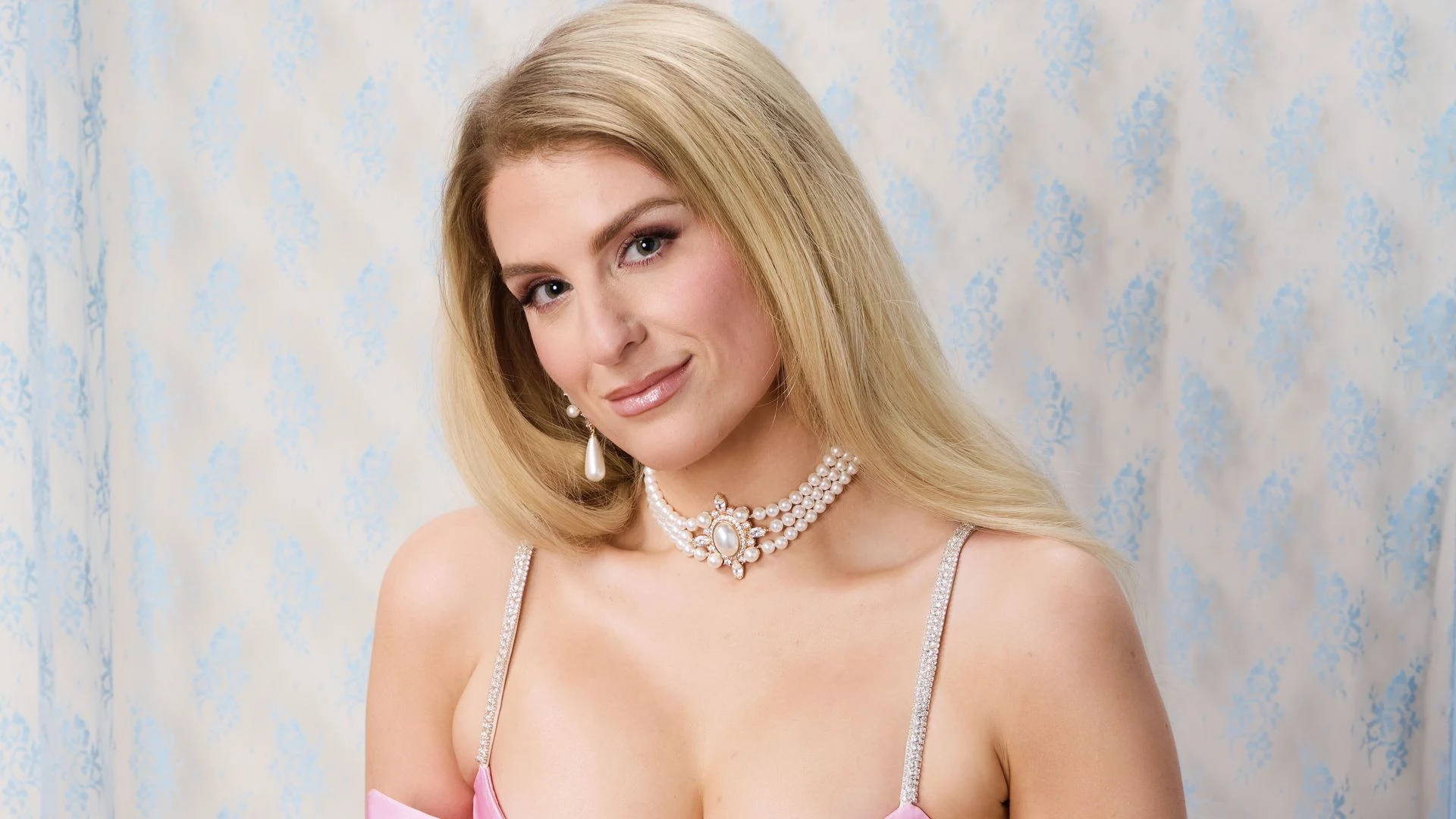Copyright mirror

Peaky Blinders is one of the most successful gangland dramas in TV history and has catapulted Cillain Murphy - who plays Tommy Shelby - to fame. And now a four part Sky HISTORY documentary, Original Gangsters, has shed new light on the real life Peaky Blinders , including fresh analysis on their origins and why, more than a century later, we’re still fascinated by their story. “We romanticise gangsters and the gangster era and it’s easy to do because the stories are so compelling,” explains psychologist Serena Simmons, a contributor to the series, which is narrated by Sean Bean. “People will always be drawn to gangsters because they’re the stuff of myth. They are very good at creating mystery. I think we’re attracted by that.” The glamour of the on-screen Peaky Blinders gang is far removed from their true beginnings in the Birmingham of the 1860s and ‘70s - then the heart of the UK’s manufacturing industry, but a city with a huge class divide. Poverty was rife and living conditions for many appalling while, just miles away, others were pocketing a fortune. “It was a battle everyday against ‘King Poverty’; that King was relentless and he was uncaring,” says social historian Carl Chinn, an expert on Birmingham's past. Mass discontent and frustration made violence rife. “Fighting was almost a leisure activity for some men,” adds Carl. “They’re living in poverty, they own nothing, they are looked down upon. But the one thing that they’ve got is their fighting prowess.” Gangs known as ‘sloggers’ were formed, using their belts as weapons. They developed into the most notorious gangs in Birmingham’s history, whose reign of terror lasted from late 1860s to the turn of the 20th century. “These people were all trying to regain agency in their own lives. They weren’t born bad; it was essentially survival,” says Serena. The forefathers of moden gangs, they also adopted a distinctive and uniform look. “The word gangster comes with a certain amount of theatre and that includes putting on a sort of ‘costume’,” says Serena. “For the Krays, it was smart suits, for Al Capone a Fedora. It’s all about image.” For the Peaky Blinders, that image was their distinctive headwear. “The term peaky blinder is a fashion statement,” says Carl, who reveals the term was coined in a newspaper headline on a report into a gang attack outside a pub. “The Peaky Blinders are often called ‘The Bell Bottom Crew’ so they wear bell-bottom trousers tight to the knee, and a hat - a billycock. “They have prison cropped hair but with a quiff and they like to show it off, so they steam the billycock and make the brim into a funnel, pulling it over one eye - hence the brims blinding the eye.” And any criminal involved in theft, gambling or assaults attracted the nickname, ‘peaky blinders’ - including the Sheldon brothers, whose story was said to have inspired the Shelbys in the TV series. “The Sheldon's had five brothers. Three became three of the worst criminals and violent men in late Victorian and Edwardian Birmingham,” reveals Carl. And one of their biggest rivals, at least as portrayed on screen, was Billy Kimber. The real Billy was born in 1882 into the tough Summer Lane area of Birmingham. He had his first run in with the law at the age of 12 when he was birched for petty theft. “It would be remiss to think that it didn’t have an impact” says Serena, who says the shame he felt as fuelled his desire to escape his impoverished background. He came from a place where fear lived all the time. I imagine he lived in a state of fear - am I going to get my next meal, am I going to get beaten up?,” she says. "And then he wanted to become the instigator of fear because that’s how you stayed safe.” By 1918 he was a gang leader but, desperate to start to make real money, turned his attention to horseracing, which had boomed in popularity after the end of WWI. With little or no on-course security, Billy and his gang became master pickpockets and experts in blackmailing bookmakers with threats of violence. Soon, he expanded to racecourses across the country, running criminal rackets around betting and liquor licences. The enterprise was netting £8m a year in today’s money. Serena Simmons believes Kimber became ‘addicted’ to criminality, saying: “He found it compelling to keep committing crime, because it gave him the lifestyle he wanted. Had he been given different opportunities early on, maybe he wouldn’t have chosen to do the things he did. But the payout was great - it was what drove him to continue.” By the early 1920s cross country gang warfare was at its peak, involving Billy and some of the biggest names in London’s criminal underworld, including the Sabini gang and England’s first ‘Godfather’ Edward Emmanual. With an open turf war now declared, brutal street battles often took place, regularly arranged around key race meetings like the Epsom Derby. There were shootings and attacks with planks of wood. On one occasion Kimber himself was shot, but refused to testify against the man charged, a bookmaker called Alfie Solomon, who claimed it had been an accident’. Kimber reportedly told the court: “If he says he shot me, well that's up to him. But only cowards use revolvers.” The case was dismissed. The violence escalated, attracting both police and public scrutiny. With concerns that punters would be put off attending meetings, Edward Emanuel took action and started the Bookmakers’ Protection Association to stop the blackmailing of Bookmakers. The Sabinbi gang were employed as enforcers. “The Jockey Club liked this - they’d been upset by all the bad newspaper reports - so backed this new organisation. The police are quite happy too because they can say ‘this is legitimate’,” Carl explains. A truce was called. Billy, having allegedly shot at a member of the Sabini gang, fled to Chicago in 1926. On his return to the UK three years later, many of his old gangland cronies had moved into legitimate businesses including Emanuel ,who now ran a printing firm. The Jockey Club had also taken action to further clean up the courses - meaning the Sabini’s were pushed out and regrouped in London’s Soho. Realising his gangster days were over, Billy relocated to Devon, he set up his own above-board business as a racecourse bookmaker. An advert taken out in his local paper read: ‘‘Bet with Bill Kimber, a man who's reliable. We know that eventually Billy did retire, but prior to that he was on guard his whole life. I think there was a constant sense of fight or flight, you can never really rest, and that’s only sustainable for so long,” explains Serena. And while we remain fascinated by the criminal gangs of this period, she warns we shouldn’t be blinded to the truth of who they were. “We have to remember these people did awful things; they were not nice.There was always a victim.” Billy Kimber died in a Torquay nursing home in 1945 - the last of the Peaky Blinders. Original Gangsters starts on Tuesday 4th November at 9pm on Sky HISTORY, or stream from this date on Now and HISTORY Play.



